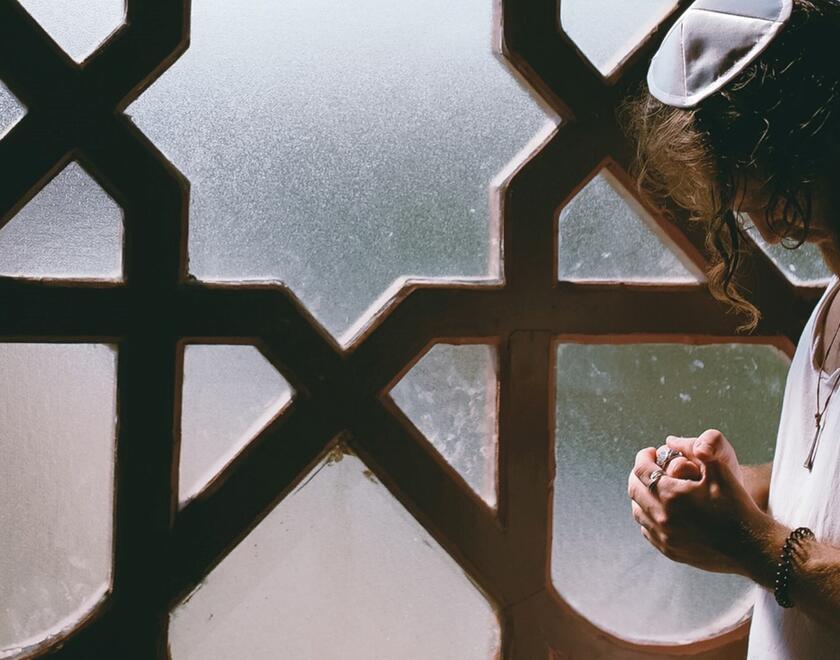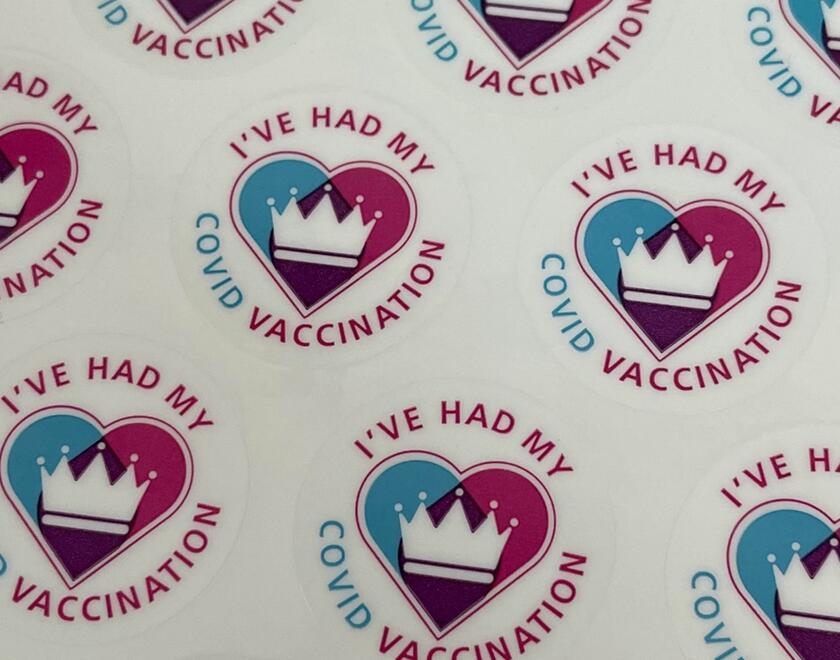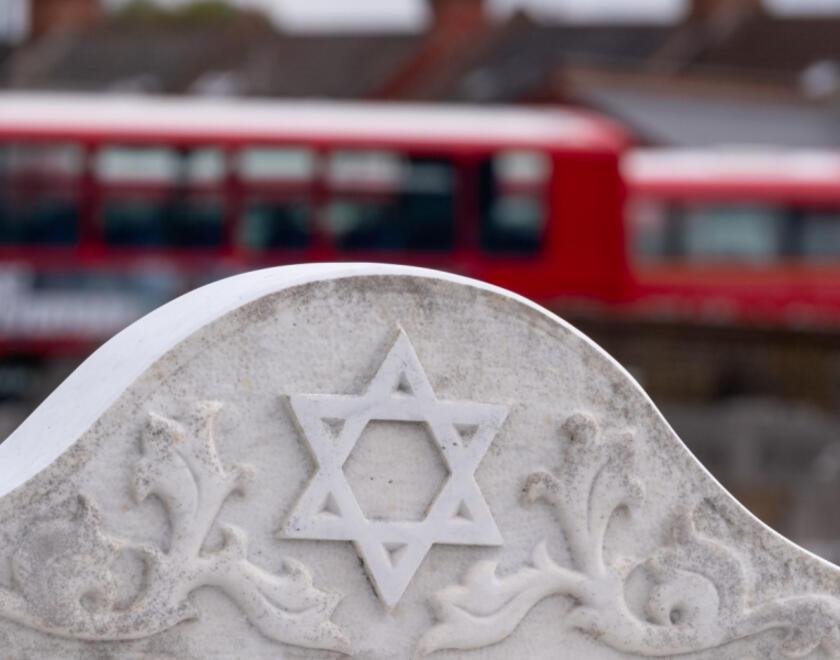How comfortable do Jews feel about attending Jewish activities and events in person?
Dr Jonathan Boyd Dr Carli Lessof Dr David Graham
What's in the report:
JPR’s COVID-19 survey looks at how Jews have been impacted by the pandemic in terms of their health, jobs, finances, relationships and Jewish lives. The findings are being shared in a series of short reports looking at key policy issues, and this one focuses on the issue of how comfortable Jews feel about attending Jewish activities and events in person.
Drawing on survey responses from July 2020, it finds that whilst Jews situate themselves across the full length of the ‘comfort scale’ (running from very comfortable to very uncomfortable), there is a clear leaning towards the uncomfortable end.
Unsurprisingly, those who are uncomfortable are likely to be in older age bands and/or suffering from health conditions that make them particularly vulnerable to the virus. Similarly, those who have had the virus and continue to suffer from secondary symptoms (i.e. ‘Long COVID’) also tend to be uncomfortable about attending events in person.
However, there are some interesting exceptions. The most elderly appear to feel more comfortable than average, and the youngest age bands (those aged 16-24) feel more uncomfortable than average. Those who have had COVID-19 and recovered feel more comfortable than those who have not. And those who have experienced job losses, or have been furloughed, are rather less comfortable than those whose working loves have remained reasonably stable.
It is also very striking to see that, denominationally, the Strictly Orthodox feel most comfortable about attending in-person events, whereas non-synagogue members feel most uncomfortable. Members of other ‘mainstream’ denominations cluster together in between. However, people’s level of religiosity is actually a slightly better predictor than denomination of how comfortable they feel about attending community activities or events in person – those with strong religiosity are most likely to feel comfortable, and those with weak religiosity most likely to feel uncomfortable.
Perhaps most interestingly, there is an important relationship between how comfortable people feel about attending community activities and events in person, and their general state of mental health. Those showing signs of psychological distress feel notably less comfortable than others.
Brief details about the methodology used in the survey are contained in the report. A more detailed methodological is being prepared and will be available shortly.
Our reports are free to download
However, they are not free to produce, and as a registered charity, JPR relies on the generosity of donors to undertake its work. Please consider making a donation to help cover the costs of this particular report or to support JPR’s work more generally.
Donate hereDr Jonathan Boyd
Executive Director
Dr Jonathan Boyd
Executive Director
Jonathan has been Executive Director of JPR since 2010, having previously held research and policy positions at the JDC International Centre for Community Development in...
Read moreDr Carli Lessof
Senior Research Fellow
Dr Carli Lessof
Senior Research Fellow
Carli is a Senior Research Fellow at JPR, responsible for JPR’s community statistics programme, online research panel, and monitoring and evaluation. She completed her PhD...
Read moreDr David Graham
Senior Research Fellow
Dr David Graham
Senior Research Fellow
David is a Senior Research Fellow at JPR, an Honorary Associate at the Department of Hebrew, Biblical and Jewish Studies at the University of Sydney...
Read more


